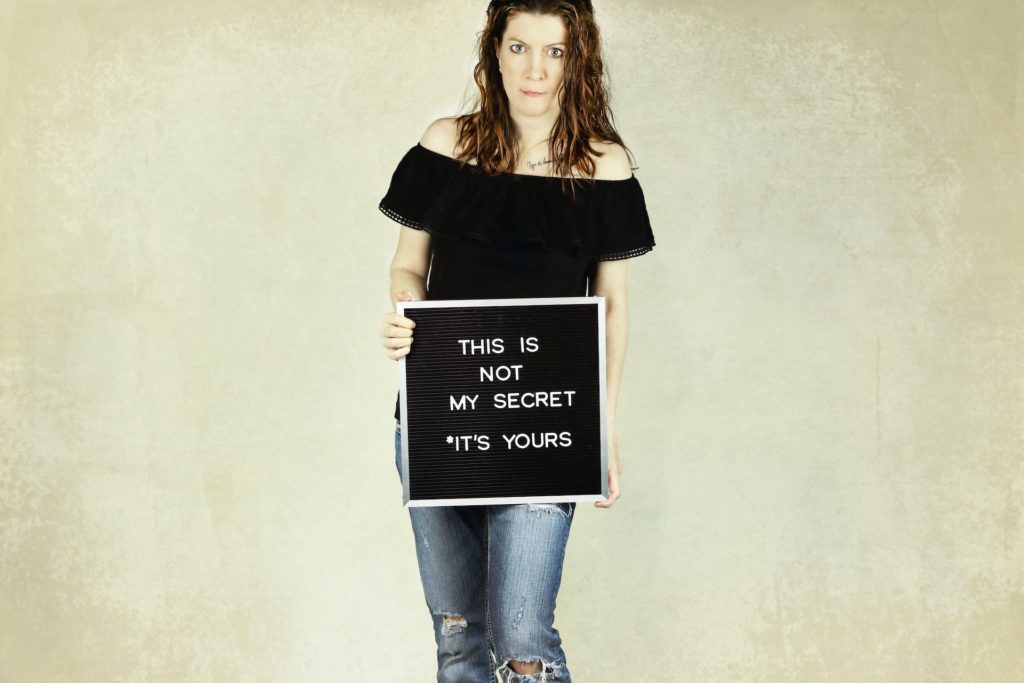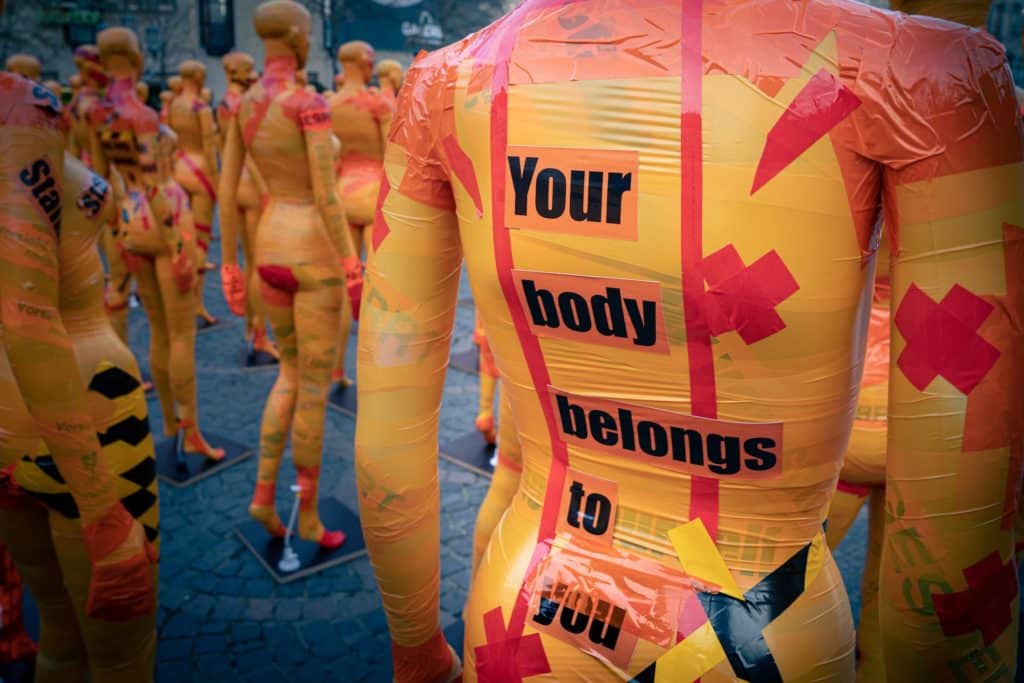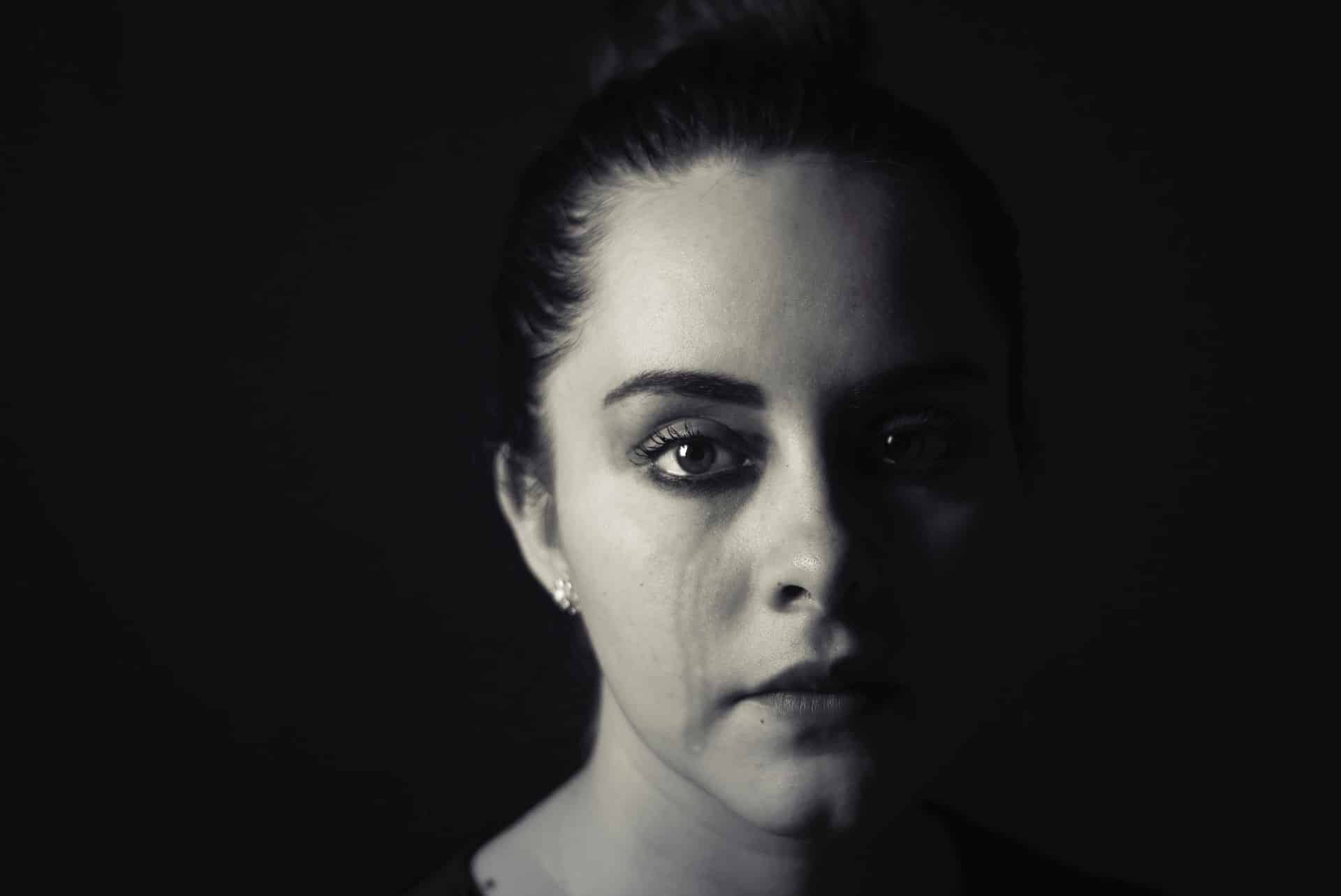If you are in an abusive relationship, it’s challenging to see the signs. Abuse can manifest in various types, and often abusers will attempt to hide their patterns of behavior from family, relationships, and friends.
However, some signs might show abuse is happening. This post will look into several of the most common signs of abuse. If any of these things sound familiar, please reach out to your therapist to discuss your situation! You are not alone.

Signs of abuse in relationships
- If your partner is always asking who you are with, this might be a sign of emotional abuse. This is termed “monitoring,” and it is a tactic for abusers to control their victim’s behavior.
- If your partner constantly puts you down or makes fun of you in public, they might abuse their power. It is “humiliating,” and it’s a way for abusers to make their victims feel small and powerless.
- If your partner tries to isolate you from friends and family, this could be a sign of abuse. It is “isolating,” and it’s a way for abusers to control who their victims see and talk to.
- If your partner is excessively possessive or jealous, you might be in an abusive relationship. This type of behavior is “possessiveness,” and it’s a way for abusers to control their victim’s behavior.
- If your partner has ever hit or threatened to hit you, this is unacceptable, and you could deal with an abusive partner. When your loved on uses violence or threatens to harm you, it’s a telltale signal of physical and emotional abuse.
- Abusers often use fear and blame to control their victims. If you are in an abusive relationship, it’s important to remember that no one deserves to be abused.
You are not responsible for your partner’s behavior. If you are starting to notice some of these signals or some of this is starting to sound familiar, please reach out for help! Many resources are available to help you get out of an abusive situation. You are not alone.

Here are some tips to help you if you are in an abusive relationship:
- Only talk to someone you trust. Talking to a close friend of the perpetrator is not a good idea. Your safety is the most important thing. Discuss your situation with a social worker or mental health therapist if you fear talking to friends and family.
- Create a safety plan. If you are in potential harm, it’s vital to have a plan to get out of the situation safely. It might include having a safe place to go, packing a bag ahead of time, or telling someone you trust what’s going on.
- Get help from a domestic violence shelter. If you are in immediate danger, call 911 or get to a safe place away from your abuser.
- The National Domestic Violence Hotline (NDVH) can provide you with all the help you need if you are in a dangerous domestic situation.
- You deserve to be safe and happy. If you are in a potentially harmful relationship, please reach out for help! There are people in your life who truly care about you and want to help. Remember, you are not alone.
If you may be in an abusive partnership, it is crucial to reach out for help. You deserve to be safe and happy. Remember, you are not alone. If you or someone you know is in an abusive relationship, please call the National Domestic Violence Hotline at (800)799-SAFE (733).
If you think you may be involved in an volatile and abusive relationship, but you are not sure, talk to an experienced advisor at the Domestic Violence helpline. They can help you identify the signs of abuse.




